

Start Learning Coding for free with W3school

HTML
HTML (HyperText Markup Language) is the standard language used to create and design the structure of web pages. It uses a series of elements, or tags, to define the layout, content, and multimedia on a webpage, such as text, images, links, and forms.
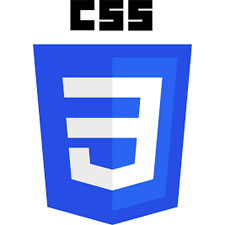
CSS
CSS (Cascading Style Sheets) is a stylesheet language used to control the presentation and layout of web pages. It allows developers to style HTML elements by specifying properties like colors, fonts, spacing, and positioning, enabling consistent and visually appealing designs across websites.
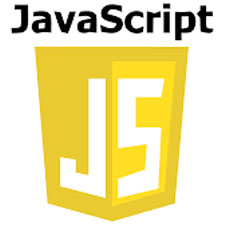
JavaScript
JavaScript is a versatile programming language used primarily for adding interactivity and dynamic behavior to web pages. It enables features like form validation, animations, and updating content without reloading the page, making websites more engaging and responsive.

C
C is a high-level, general-purpose programming language known for its efficiency and close control over system resources. It is widely used for developing operating systems, embedded systems, and other performance-critical applications, as it allows low-level memory manipulation and provides fast execution.

C++
C++ is an extension of the C programming language that adds object-oriented features, such as classes and inheritance, while retaining the efficiency and control of C. It is widely used for developing complex software systems, game development, and performance-intensive applications.

C#
C# (C-sharp) is a modern, object-oriented programming language developed by Microsoft. It is primarily used for building Windows applications, web services, and enterprise software. C# is part of the .NET framework and is known for its simplicity, robustness, and ease of integration with other Microsoft technologies.
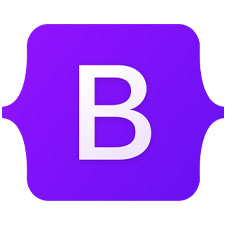
Bootstrap
Bootstrap is a popular open-source front-end framework used to design responsive and mobile-first websites. It provides pre-built HTML, CSS, and JavaScript components like grids, buttons, forms, and navigation, making it easier and faster to create consistent and visually appealing web designs.

Nodejs
Node.js is a runtime environment that allows developers to run JavaScript on the server side. It is built on Chrome's V8 JavaScript engine and is used for creating scalable, high-performance web applications and APIs. Node.js is known for its event-driven, non-blocking architecture, making it efficient for handling multiple requests concurrently.
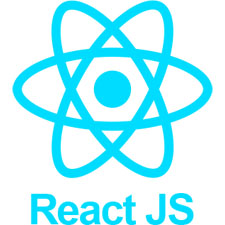
ReactJS
React.js is an open-source JavaScript library used for building user interfaces, particularly for single-page applications. Developed by Facebook, it allows developers to create reusable UI components and efficiently update and render changes in response to data updates, making it ideal for dynamic and interactive web applications.
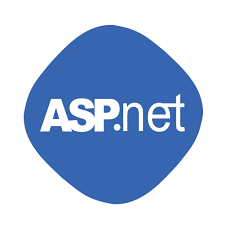
ASP.net
ASP.NET is a web development framework created by Microsoft for building dynamic web applications and services. It allows developers to create websites, web APIs, and real-time applications using languages like C# or Visual Basic, and is known for its scalability, security, and integration with the .NET ecosystem.

SQL
SQL (Structured Query Language) is a standardized programming language used for managing and manipulating relational databases. It enables users to perform operations such as querying data, updating records, inserting new data, and deleting records, allowing for efficient data management and retrieval.

Java
Java is a high-level, object-oriented programming language that is designed to be platform-independent through the use of the Java Virtual Machine (JVM). Known for its portability, security, and performance, Java is widely used for building enterprise applications, mobile applications (especially Android), and web applications.

PHP
PHP (Hypertext Preprocessor) is a widely-used, open-source server-side scripting language designed primarily for web development. It enables developers to create dynamic web pages and applications by embedding code within HTML, and it supports various databases, making it suitable for building interactive websites and content management systems.

Python
Python is a high-level, interpreted programming language known for its readability and simplicity. It supports multiple programming paradigms, including procedural, object-oriented, and functional programming. Python is widely used in various fields such as web development, data analysis, artificial intelligence, scientific computing, and automation due to its extensive libraries and frameworks.

WordPress
WordPress is an open-source content management system (CMS) that allows users to create, manage, and publish websites and blogs easily. It offers a user-friendly interface, a wide range of themes and plugins, and strong community support, making it one of the most popular platforms for building websites of all types, from personal blogs to large e-commerce sites.
Explore The Coding World
Get ready to unlock the power of technology and creativity! Whether you’re a complete beginner or looking to sharpen your skills, coding opens the door to endless possibilities. You’ll learn to build websites, develop apps, and solve problems in innovative ways. Embrace the journey, experiment fearlessly, and let your imagination guide you. The world of coding is waiting for you—let’s dive in!
Upcoming New Technology
The future is brimming with groundbreaking advancements that promise to reshape our lives. From artificial intelligence that personalizes our experiences to quantum computing that solves complex problems at lightning speed, innovation is accelerating rapidly. Expect revolutionary developments in renewable energy, biotechnology, and immersive virtual reality, transforming industries and enhancing our daily experiences. As these technologies emerge, they will not only drive economic growth but also tackle some of the world’s biggest challenges. Stay tuned and get ready to embrace the future!




